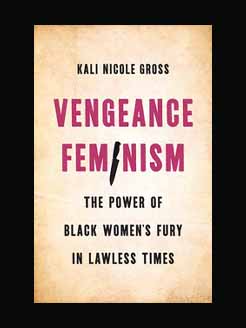Published in 2012
300 pages
Selma James is a women’s rights and anti-racist campaigner and author. From 1958 to 1962 she worked with C.L.R. James in the movement for West Indian federation and independence. In 1972 she founded the International Wages for Housework Campaign, and in 2000 helped launch the Global Women’s Strike whose strategy for change is “Invest in Caring not Killing”. She coined the word “unwaged” which has since entered the English language. In the 1970s she was the first spokeswoman of the English Collective of Prostitutes. She is a founding member of the International Jewish Anti-Zionist Network. She co-authored the classic The Power of Women and the Subversion of the Community which launched the “domestic labour debate.” Other publications include A Woman’s Place (1952), Women, the Unions and Work, or what is not to be done (1972), Sex, Race and Class (1974), Wageless of the World (1974), The Rapist Who Pays the Rent (1982), The Ladies and the Mammies—Jane Austen and Jean Rhys (1983), Marx and Feminism (1983), Hookers in the House of the Lord (1983), Strangers & Sisters: Women, Race and Immigration (1985), The Global Kitchen—the Case for Counting Unwaged Work (1985 and 1995), and The Milk of Human Kindness—Defending Breastfeeding from the AIDS Industry and the Global Market (2005).
What is this book about?
Branching off Marx’s theories of class struggle, this impressive collection of essays on workers’ rights as they pertains to women’s rights aims to educate and inform those interested in radical feminist labor theory. Arguing that class struggle manifests itself as the conflict between the reproduction and survival of the human race, the general theme of the collected essays leans left and warns of market exploitation, war, and ecological disaster. Spanning nearly six decades and compiling essays that have appeared in anthologies or are selections from Selma James’ books—some printed here for the first time—these selections preach equality in wages for men and women alike, especially in nontraditional work environments.







